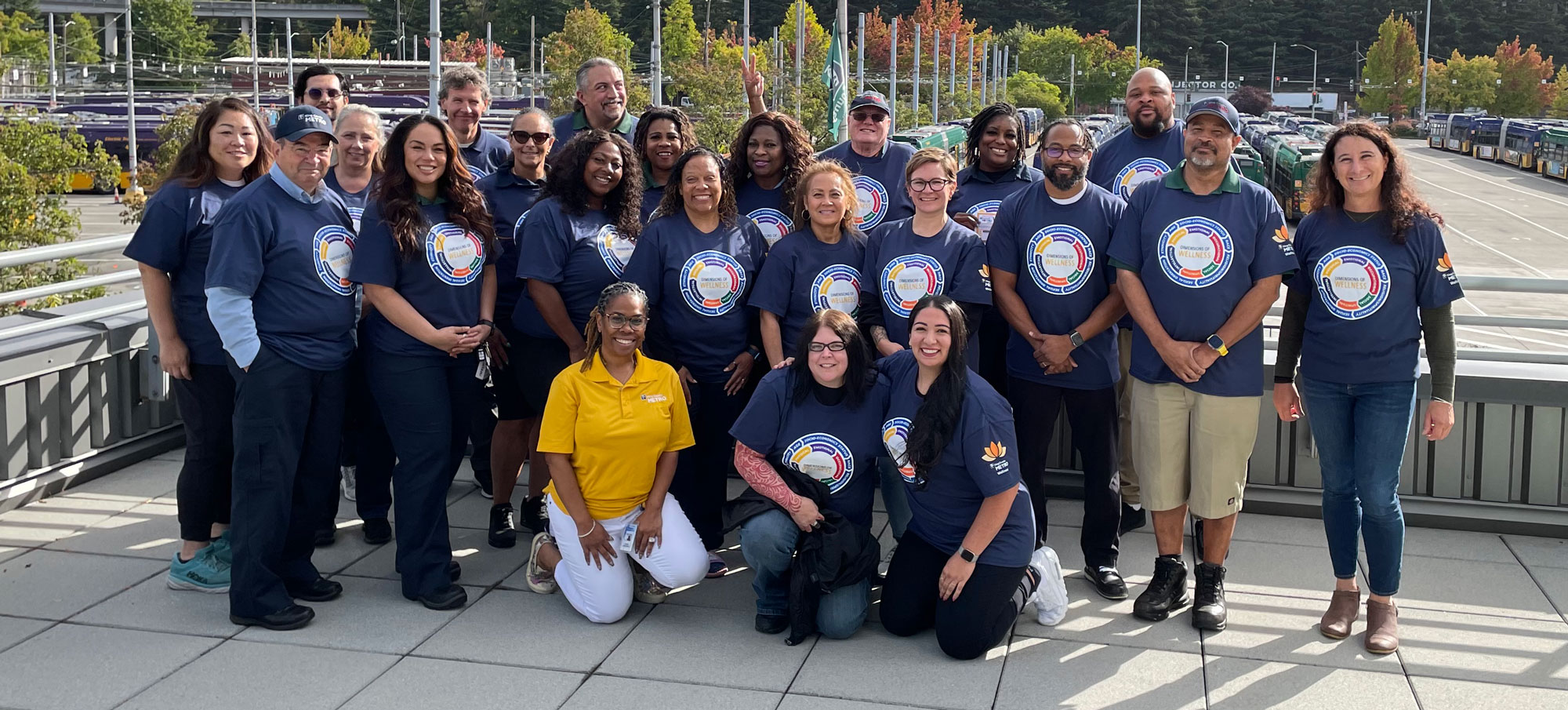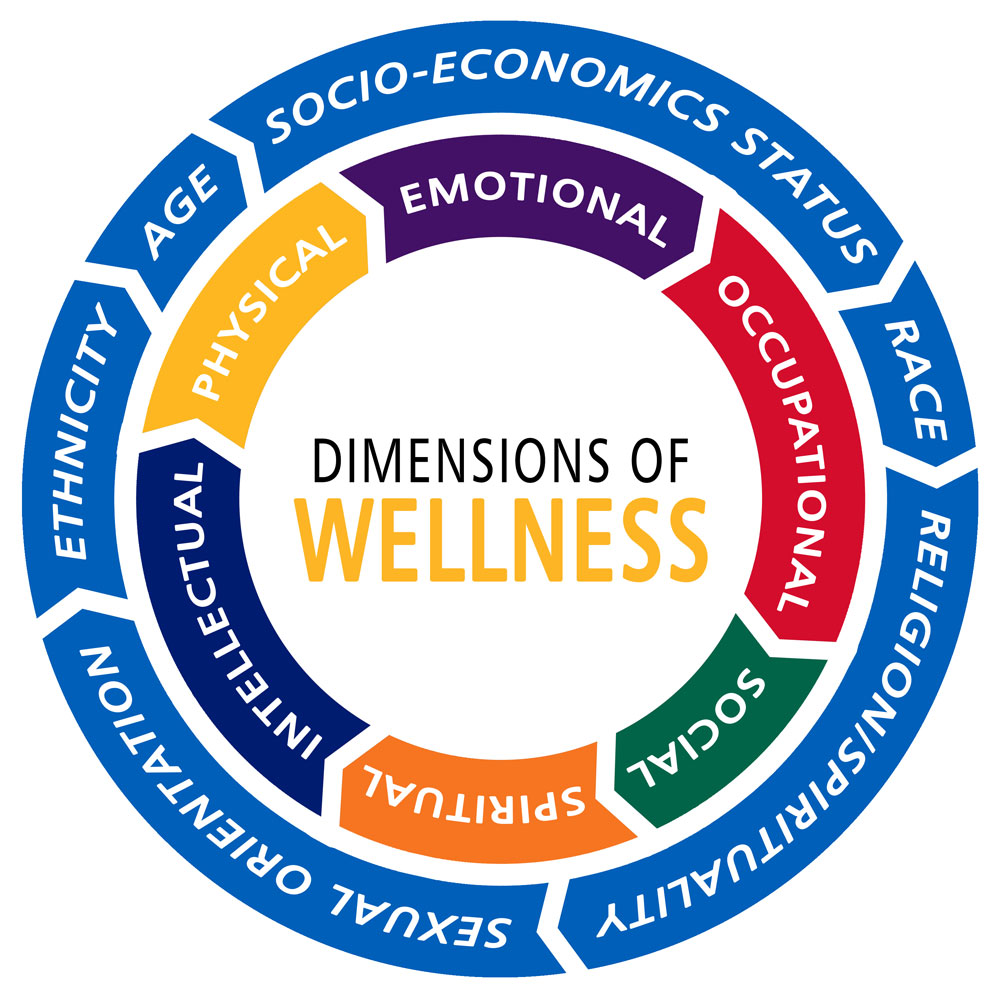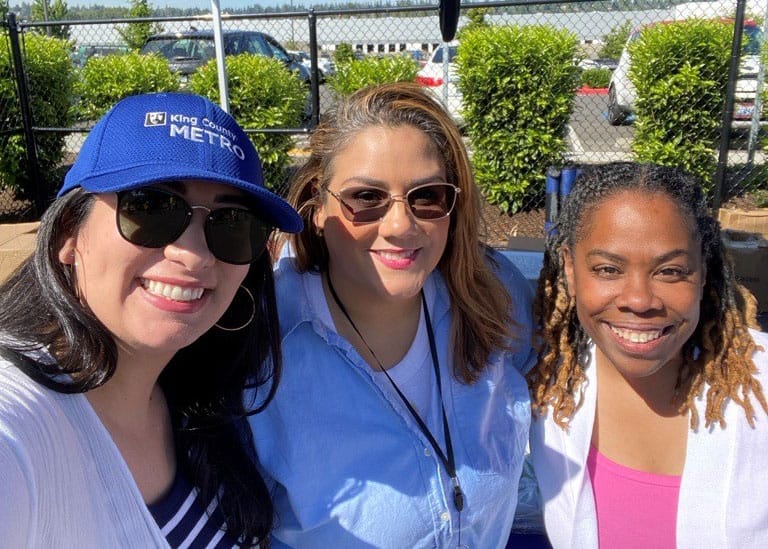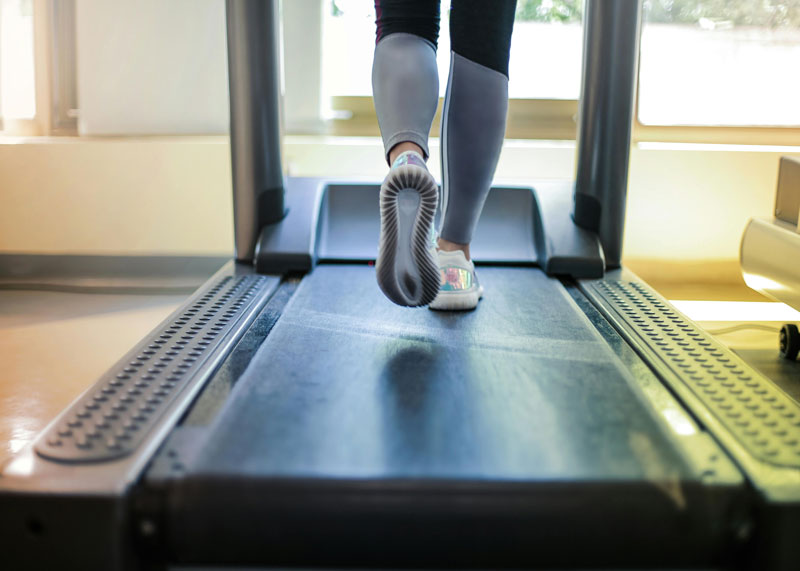

Wellness Program
The Metro Wellness Program is dedicated to enhancing employee wellbeing at Metro.
The program focuses on comprehensive wellness: physical, emotional, occupational, social, spiritual, and intellectual wellness. It is employee led and incorporates employee feedback.
Become a Wellness Champion – Recruitment opens Dec. 1
Beginning Monday, Dec. 1, we will launch recruitment for the 2026–2027 Wellness Champion cohort. If you’re passionate about health, wellbeing, and supporting your peers, this could be a great opportunity to get involved. For details about the role, time commitment, and selection process, click here. Questions? Contact metrowellness@kingcounty.gov.
Our vision
A happy, healthy, and engaged workforce that thrives in a workplace where employee wellbeing is prioritized.
We work to accomplish this by:
- Bringing awareness and access to the health and wellness resources available through outreach, events, and engagement, including our annual Metro Wellness Fair
- Offering support, education, and awareness on relevant health and wellness topics specific to Metro, such as injury prevention and emotional wellbeing
- Partner with leadership and decision-makers to ensure the wellness of employees is prioritized
We can assist with:
- Injury prevention education (handouts, FitKits, etc.)
- Requesting a seat cushion (bus operators only)
- Connecting you with King County wellness resources and programs
- Wellness orientations
- Workgroup specific wellness programs, services, or trainings
- Recommendations on wellness needs, culture, and environment

Your Metro Wellness Team

For questions, comments, or feedback, email us at MetroWellness@kingcounty.gov.
Wellness Partners and Resources

King County Benefits and Retirement Page
King County provides comprehensive benefits and services to eligible employees, retirees, and their dependents through strategic planning, negotiation and implementation of benefit programs.
Benefits, Payroll and Retirement Operations is here to help you with your medical, vision, and dental plan options; life and disability insurance; medical and dependent care reimbursement accounts; leave programs; payroll; and retirement planning.
Balanced You
Balanced You aims to educate and equip employees with the information they need to effectively utilize their benefits and find balanced in life and work.
Offers include onside activity centers, fitness center discounts, online mindfulness and fitness classes, worksite flu shot clinics and more.
Employee Assistance Program
Free counseling and coaching on work-related topics including conflict with co-workers, stress, and opportunities in the workplace.
Making Life Easier (MLE)
Access support through a network of affiliate providers for personal counseling, legal and financial services, childcare and adult/elder care services.
Omada®
King County employees covered under either the Regence BlueShield or Kaiser Permanente plan have access to a digital wellness program called Omada—at no cost to you.
As a CDC-recognized lifestyle program, Omada supports you and eligible covered family members in achieving your goals toward healthy weight and reducing your risk of certain chronic diseases like diabetes.
WeightWatchers (WW)
King County pays for half the membership dues for WW (Weight Watchers reimagined) for employees and their benefits-eligible spouses and state-registered domestic partners.
Employee Resource Groups (ERG)
Metro’s ERG groups, also known as affinity groups, focus on brining employees together based on shared identity, experience, and/or structural oppression to develop community and shared solutions.
Affinity groups address racism and other forms of oppression to advance King County’s equity and social justice goals.
Quit tobacco
The sooner you quit, the more you can reduce your chances of getting cancer and other diseases. Explore the resources available through your health plan to help you quit tobacco.
Emotional Wellbeing
Emotional Wellness plays a vital role in overall health and wellbeing and impacts how an individual feels about oneself and life. It also affects our capacity to empathize, communicate effectively, and form meaningful connections with others.
By investing in emotional wellness, we not only enhance our individual quality of life but also contribute to stronger, more resilient communities.

Emotional Wellness Resources
EAP is a safe place to go when you want confidential support to improve your work life or handle difficult workplace situations. The EAP is staffed by licensed counselors.
Phone: 206-263-8733
Email: HRDEAP@kingcounty.gov
MLE provides free counseling and support services for personal matters to all King County employees, their dependent family members, and anyone living in an employee’s home (family or roommates). Contact MLE 24 hours a day, seven days a week.
Phone: 888-874-7290
Website: KCMakingLifeEasier.com (Username: King County)
CISM is a Metro peer-support team made up of ATU 587 members who provide debriefing and support following critical incidents to any transit employee requesting assistance. Call to schedule a debriefing.
Phone: 206-718-9734
Other Resources
- Mindfulness Classes (available live online or on-demand)
- Mental Health First Aid Certification
- Onsite Quiet/Wellness Rooms
Activity centers
Workout at work
King County’s Balanced You manages Activity Centers in several Metro worksites. These convenient spaces are for employees to get moderate levels of physical activity.
Workout at home
Balanced You, in partnership with Vivecorp, is offering free, live, virtual exercise classes and on-demand workout videos.

Lactation Rooms
All King County employees who have lactation needs have access to all of these rooms for up to 2 years following the birth of their child/children. The rooms are outfitted with a keypad door lock. For an access code, contact Transit Disability Services, your manager, Chief, HR or any administrator.
Metro is currently reconfiguring and upgrading these spaces to comfortably accommodate multiple employees who need to use the room at the same time.
Contact us at TDS@kingcounty.gov.
| Location | Address | Room |
|---|---|---|
| Atlantic/Central Base | 1500 6th Ave S, Building 2A Seattle, WA 98134 | Room 2021 |
| Bellevue Base | 1790 124th Ave NE Bellevue, WA 98005 | 2nd floor Near the wellness rooms and restrooms |
| East Base | 1975 124th Ave NE Bellevue, WA 98005 | Room 107 |
| King Street Center | 201 S Jackson St Seattle, WA 98104 | 8th floor |
| North Base | 2160 N 163rd St Shoreline, WA 98133 | Near Conference Room 1 |
| Ryerson Base | 1220 4th Ave Seattle, WA 98134 | Room 204 |
| South Base | 12100 E Marginal Way S Tukwila, WA 98168 | Room 107 |
| Operations | 901 5th Ave Seattle, WA 98164 | Room 126 |
Lactation Room FAQs
What must Metro provide to workers who need to express breast milk in the workplace?
Metro is required to provide a reasonable amount of break time and a space to express milk as frequently as needed by the lactating employee, for up to two years following the birth of the employee’s child, per Washington State law. The frequency of breaks needed to express breast milk as well as the duration of each break will likely vary. The provided space cannot be a bathroom, and it must be shielded from view and free from intrusion by coworkers or the public.
Does the break time have to be paid break time?
Yes and no. Operators will be paid for the time taken to express milk as outlined in the lactation accommodation process. However, employees will not be paid for any break time for lactation beyond the paid break periods as prescribed in your union contract and Personnel Guidelines.
Does Metro need to create a permanent, dedicated space for use by lactating mother employees?
No. A space temporarily created or converted into a space for expressing milk or made available when needed by the lactating employee is sufficient provided that the space is shielded from view, and free from any intrusion from coworkers and the public. However, given Metro’s large workforce and commitment to supporting families, Metro has chosen to designate permanent lactation rooms.
What are some of the lactation room use guidelines?
Lactating employees may access the lactation room only for the purpose of expressing, storing and collecting breast milk. Please limit use of the space to activities associated with expressing milk only. It is the responsibility of everyone using the lactation room to maintain a clean room and refrigerator so that it is ready for the next person. Please label the milk with your name and date and remove stored milk at the end of your work day. Please notify Transit Facilities if the room needs attention.
Who has access to the rooms?
All employees who have lactation needs will have access to the rooms. Additionally, cleaning staff will also access the rooms to maintain the space.
Do I need an access code or key?
Yes. The rooms are all outfitted with a keypad door lock. For the access code, please reach out to anyone in Human Resources, Chiefs, administrators, dispatchers, or Transit Disability Services. The same access code can be used at all of Metro’s designated lactation spaces.
Does the space have a breast pump I can use?
No. Metro does not provide breast pumps in our lactation rooms. Please bring your own pump and supplies.
Is there a refrigerator for storing milk?
Yes. Each room has a refrigerator for the sole use of storing milk and pump parts. Please be sure to label the milk with your name and date and remove the stored milk at the end of your work day.
Who should I contact if the room needs cleaning or attention?
Please notify the Transit Facilities team through a work order request (F:\SharedData\Forms\WorkRequestForm20160311.doc), calling 206-477-3900, or emailing PowerandFacilities.WorkCenter@kingcounty.gov.
What is in the room?
Each room has a table and chair(s), access to outlets, and a refrigerator.
How do I request help for additional support?
Metro is committed to creating time and space to support employees during this period of transition. If you anticipate additional support to meet your pumping needs, please fill out the Lactation Accommodation Request form and submit it to the Transit Disability Services Team (TDS@kingcounty.gov). A member of the Disability Services Team will work with you and your manager or chief to make a plan.
What is a lactation accommodation?
A lactation accommodation is a process to ensure that lactating employees are given the opportunity to continue in their current position while balancing their lactation schedule. Once a Lactation Accommodation request form is submitted, the Transit Disability Services team will notify your superintendent and chief about the need for accommodation. The TDS team will schedule a time for you and your chief to meet and go over your pumping needs and create a plan that will support your ability to continue to perform your job while balancing the need to pump.
Will an accommodation for my lactation needs affect my pick seniority?
The lactation accommodation should not affect your pick seniority. During pick, employees should take their lactation needs into account when selecting future assignments.
Who do I reach out to if the accommodation plan is not working?
Reach out to your manager or chief and/or a member of the Transit Disability Services team if the lactation accommodation plan is not working. Your supervisor and the TDS team will work with you and your chief to determine if there is another accommodation that will support your needs.
Do I need to tell my chief or supervisor that I am lactating?
No. You do not need to tell your chief or supervisor that you are lactating if you do not want to. However, if you need a lactation accommodation, your chief will be informed as they will need to work with you, your worksite and the Transit Disability Services team to come up with a lactation accommodation plan.
